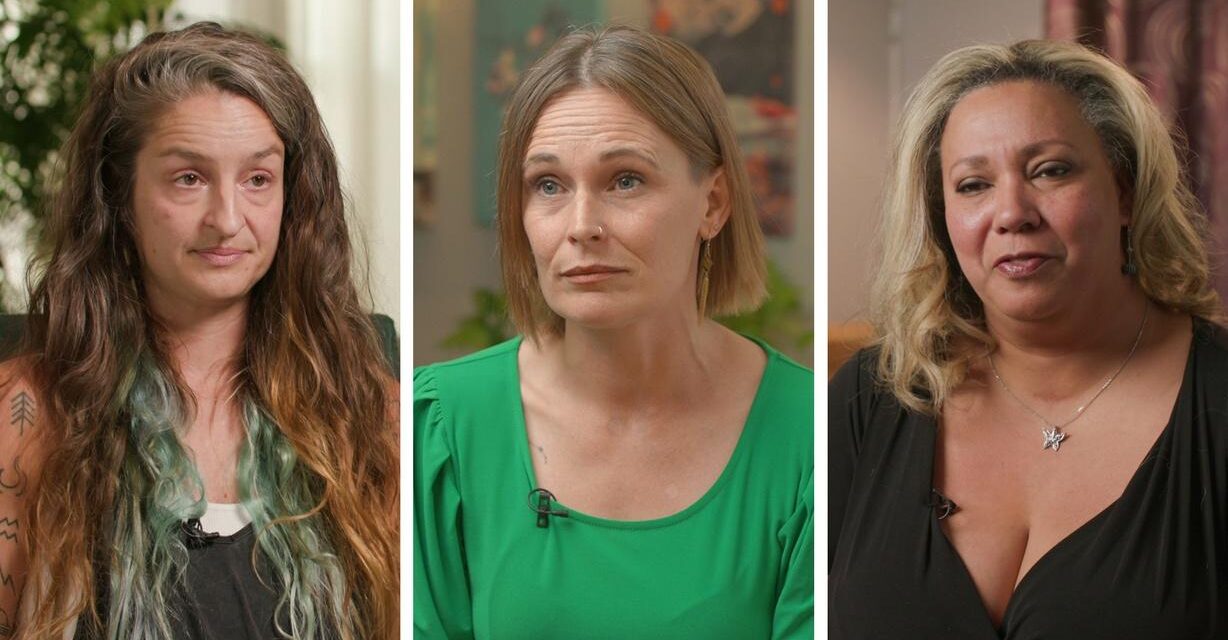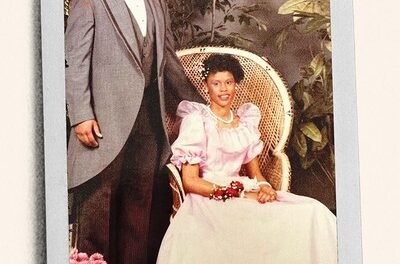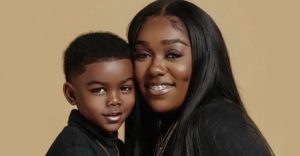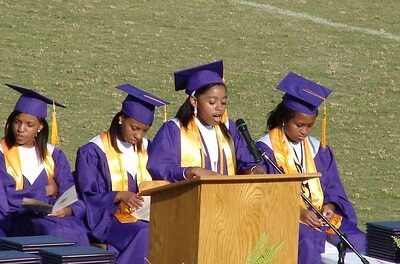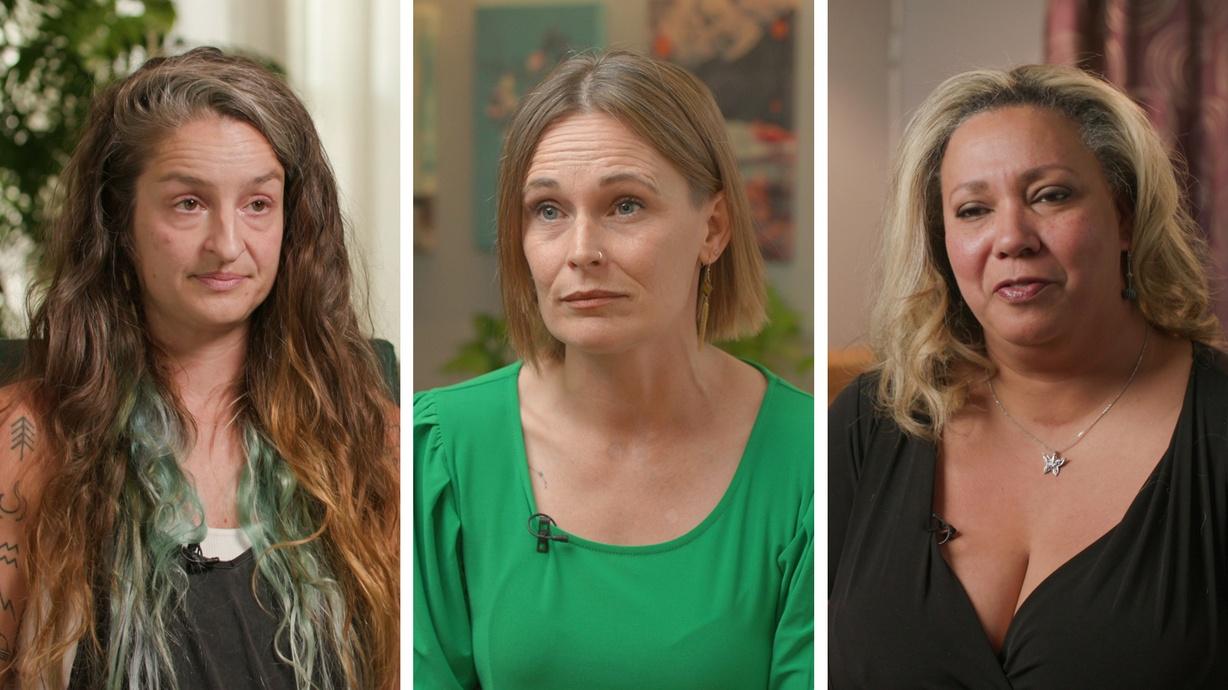
Over three weeks, “Here & Now” is examining the new debate surrounding abortion, presenting the viewpoints of those who have utilized abortion, those who want to keep it illegal, and those in the medical community advocating for their patients.
Tosha Kowalski:
I was 26. I had just gotten out of a relationship, a long relationship with somebody for four years. And that was actually the father.
Sara:
I was a full-time student at UW-Eau Claire going for political science, really loving school. I was a single mom, I had a beautiful, amazing little son, working two jobs.
Dana Pellebon:
So I had sex, it was protected sex. And I actually didn’t know that the condom had broken. And four or five weeks later I was pregnant.
Tosha Kowalski:
I knew immediately, I would say the day after. I just felt it in my body.
Dana Pellebon:
At first, I just thought I was sick, but I was with a really good friend of mine. She was like, “Hmm, maybe you’re pregnant.” I was like, “There’s no way that can happen. I’ve only had sex once and it was protected. It’s fine.” Well, it wasn’t fine.
Sara:
I immediately knew. It was, a lot of people say it was a hard decision, and I absolutely respect that and I’m sure that it is for some, but this was the single easiest decision I have ever made as a parent.
Dana Pellebon:
And at that point, I was not in a position where I wanted another child, it wasn’t something that I felt fit into my life. And so I made the decision to terminate the pregnancy.
Sara:
Minneapolis is where I ended up going and getting an abortion. You have to take an entire day to go get the abortion. They tell you to take the whole day. So I got childcare for my child. I don’t even remember how I scraped up the money, to be honest. It was so long ago. It was $600 though. I remember that because I remember it was a significant amount of money for me to come up with.
Tosha Kowalski:
I was shocked to find out that my insurance covered it and also very, very grateful. I thought that was just, I mean, so awesome. ‘Cause it’s health care, you know?
Dana Pellebon:
And if I remember correctly, it was like a couple hundred dollars. I think some of it was covered by insurance, but not all of it.
Tosha Kowalski:
It was hard for me to be there at the actual clinic because you know, I was 26, but you saw all walks of life in that room. You know, you saw young children, you saw older women, you saw couples.
Dana Pellebon:
There was a wide range of people, different ages, different races.
Sara:
I went through it. I am so grateful, so grateful for abortion providers and the nurses, the entire staff. I remember this lady, she’s like, “Just hold my hand when it hurts. Just squeeze my hand.” And I remember thinking, “Oh boy, I’m gonna break her finger. [laughs] I’m probably gonna break her fingers.” But everyone was just so great and kind.
Dana Pellebon:
And then when I woke up, I was in a chair. They gave me some juice and some crackers. And what I noticed was that I felt great. I felt great. So I went to the hotel, ordered some food and felt an enormous sense of relief and felt, I thought that I was gonna feel all these sad feelings and that it was going to be all of this stuff that was happening. But instead, I had my chicken dijonnaise from the Weary Traveler, I remember ’cause it was like my favorite dish at the time, and watched TV and really just felt good for the first time in about two months, and felt very much at ease and at peace with my decision at that point.
Tosha Kowalski:
I called my sister immediately when I got out of the clinic, I got into the car, I called her and she just started bawling. And she’s like, “I’m not crying because you got an abortion. I’m crying because you didn’t think you could tell me beforehand.” And I just didn’t wanna put that on her because…
Sara:
There are many feelings that women are going to have around this. And I think it’s because we’re not talking about it enough.
Dana Pellebon:
There were a lot of mythos that were spread, especially amongst persons talking about the Black community. So things like Black women in poverty used abortion for birth control.
Tosha Kowalski:
People don’t talk about it. People do not talk about it. I was told not to talk about it after I told my mom, you know, I was told never to tell my father. I’m like, “Why? I am not ashamed. I don’t feel bad about this.” You know, it was a choice that I made and I would make it again a hundred times. I wouldn’t do anything different.
Sara:
My story is the majority of the story. You know, 75% of the women that do this are from low income. I was low income when I did it. 60% are in their 20s. I was in my 20s. Almost 60%, 59 to 60% are already parents. You know, this is a parental decision that they’re making. I was already a parent. And that’s the majority of the stories.
Dana Pellebon:
I don’t think that I told anyone publicly until probably five or six years ago. At that point, I hadn’t told very many people because I don’t walk around telling people what I do at my doctor’s office. So when I did decide to disclose, it was a political choice to be able to say publicly, “This is a choice that I made and it’s an OK choice.”
Sara:
I think when we’re trying to tell our stories the scariest thing is other people’s reaction. How are they gonna react to this? What are they gonna think about me?
Tosha Kowalski:
At this festival that I was at this past weekend where I was just making so many great connections, and this one woman had asked me if I was a mom and I chose to respond family with, “No, I had an abortion.” And she said, “I love that that’s how you phrased it.” ‘Cause it’s like, just because it’s a little like an active choice to not be a mom.
Sara:
It became easier and actually really empowering too, to talk about it because almost every time when I would talk about it and say, “Hey, I had an abortion.” You know, if you were in a conversation, you could walk away and somebody would come up to you afterwards and say, “Thank you so much for talking about that. I also had an abortion. I could never do what you just did.” [chuckles]
Dana Pellebon:
And I think that was one of the the barriers for people is like, you know, “I’m going to hate myself forever.” I don’t hate myself forever. I’m actually very proud of myself for making a good choice for myself and my body.
Tosha Kowalski:
There’s no reason for me to get an abortion except for the fact that I wanted one. I didn’t want a kid, you know? And I think sometimes people have, “Like that’s not a good enough reason.” But it is. I mean, that is, that is. That is a a great reason. I made the decision for me and my unborn child, that that’s not the life I wanted.
Sara:
My abortion allowed me to find the love of my life, to get married, to have more children when we were ready. You know, we have three children now. There was never a point where I had to sit my children down and say, “Just so you know, mommy’s had an abortion. This is what abortion is.” They’ve kind of grown up with it and knowing it. And so it’s normal. It’s normal in our house.
Dana Pellebon:
I was born two years after Roe v. Wade came into pass. So I’ve always lived in a world where abortion was legal. And to think that we had erased 50 years of progress was astounding, and it was sad, and it was angering.
Sara:
Because the women before us fought so hard to get us there And we lost it. So… Whew.
Tosha Kowalski:
And I’m not crying because of the actual, you know, I don’t think about my abortion very often, to be honest. But I do think of all the people who don’t have the right to choose and aren’t lucky enough to get to choose the direction of their life.
Dana Pellebon:
There’s so many barriers that were put in place because people wanna impose their morality on other people.
Sara:
I think the only way to fix that is for more of us to talk about it. To say it, to say it’s normal, to say, “I had an abortion.” You love somebody who had an abortion. You probably love a lot of people who had an abortion. [chuckles]
Dana Pellebon:
It empowers them to let them know that there’s a different narrative that is out there, that there are people that are really OK with the choice. Even those who grew up being told that it wasn’t OK. It is an OK choice.
Tosha Kowalski:
I want it to become part of everyday language, I guess. For me, not for everybody. Like, if I can help other people talk about it or feel OK about a decision that they made, then I want to do that.
Sara:
I’ll continue to share mine. But the more of us, the better, right? We have an army. [laughs] Let’s start using our voices together and they can’t shut us up anymore.
Over three weeks, “Here & Now” is examining the new debate surrounding abortion, presenting the viewpoints of those who have utilized abortion, those who want to keep it illegal, and those in the medical community advocating for their patients.

